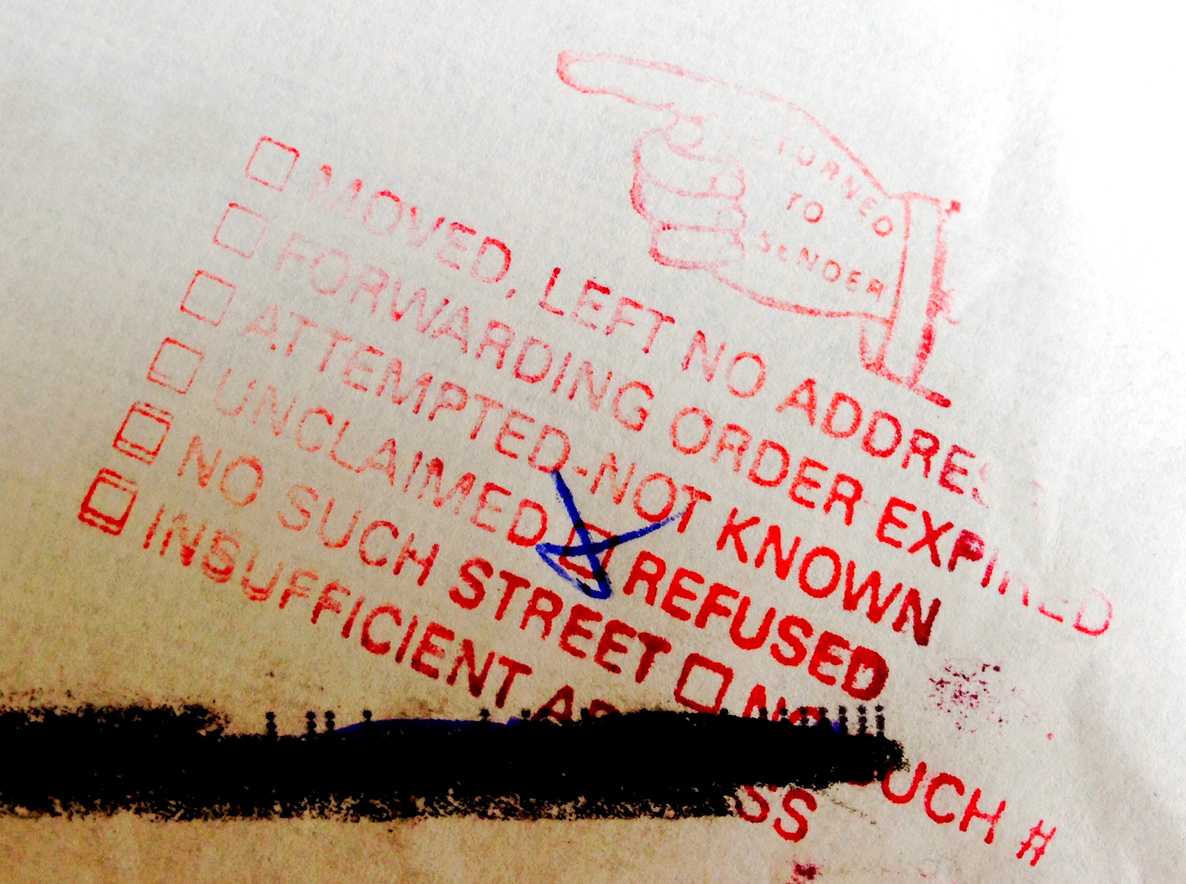USCIS to Begin Using More Secure Mail Delivery Service
USCIS recently announced that it would start phasing in use of the U.S. Postal Service’s (“USPS”) Signature Confirmation Restricted Delivery service to mail Green Cards, Employment Authorization Documents (“EAD”) and Refugee Travel Documents, on April 30, 2018. During this phase, USCIS will re-mail the aforementioned documents that have been returned as non-deliverable.
As part of the new delivery method, applicants must present valid identification to sign for their documents upon delivery. They also have the option to designate an agent to sign on their behalf by completing the Postal Service’s PS Form 3801, Standing Delivery Order (PDF) or PS Form 3801-A, Agreement by a Hotel, Apartment House, or the Like (PDF). Applicants can sign up for USPS Informed Delivery to receive delivery status notifications. Applicants will also have the option to arrange for pickup at a post office at a convenient date and time by going to the USPS website and selecting “hold for pickup.”
The second phase will take effect in mid to late 2019. According to USCIS, applicants who have changed mailing addresses during the course of the application process are more likely to have their secure documents sent with the new delivery method, which USCIS will expand to all secure documents in the future.
During a Stakeholder Engagement call this week, USCIS explained that the new delivery service method is being adopted to address issues where applicants claim they did not receive their secure documents from USCIS despite USPS delivery confirmation. Because USPS now will require the receiver of the package to validate his or her identity before signing for the document, USCIS will have evidence of a signature that delivery was made to a specific address.
However, this new policy has some serious shortcomings, which stakeholders on the call raised and USCIS noted. First, requiring a signature from a representative/attorney is going to be a major challenge because attorneys are often not physically available to meet with the USPS agent. Relatedly, there often is staff turnover and the attorney or representative who prepared the application may no longer be at the office when the document actually arrives. Second, many foreign nationals do not have a “valid” ID. Their passports may have expired or they may not have driver’s licenses in which case USPS may not give them their documents. USCIS said they would take these concerns into consideration as they planned the second phase.
In the meantime, USCIS recommended that applicants keep their addresses and point of contacts up-to-date with USCIS.
Please do not hesitate to contact us if you have any further questions about this new policy.

